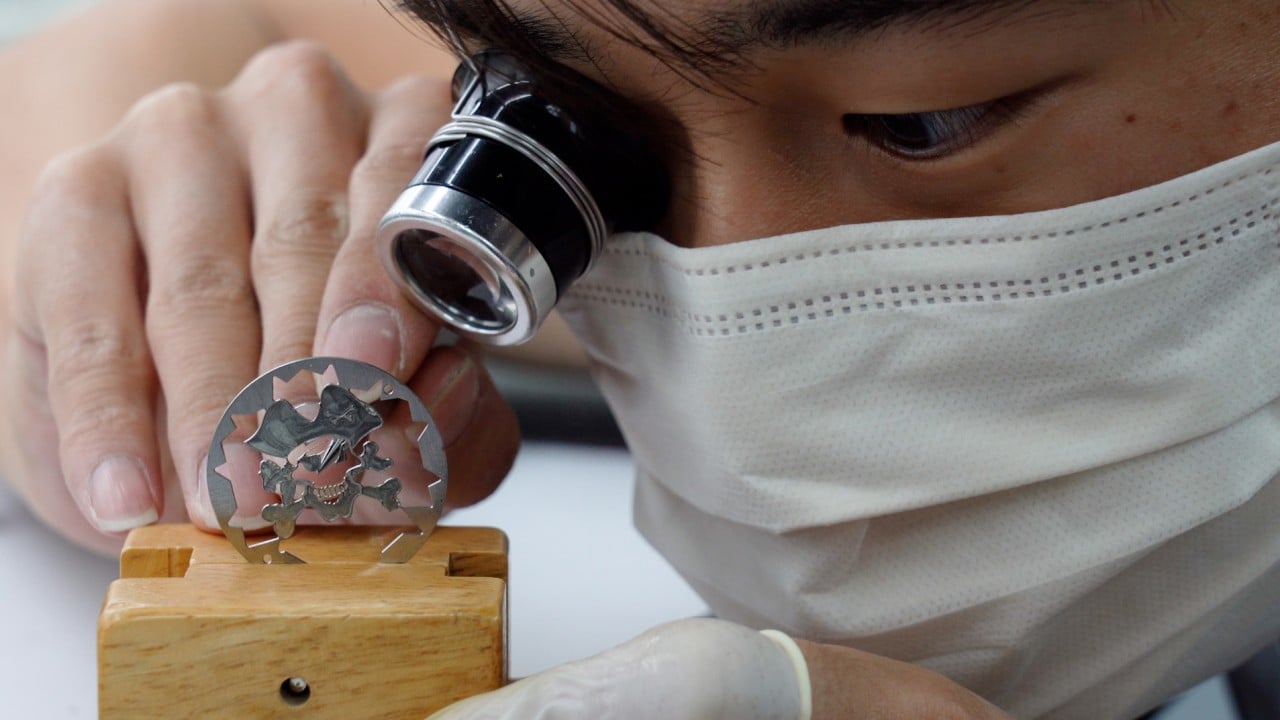
China’s Liu He says foreign hostility spurring nation’s push for hi-tech independence
- Vice-Premier Liu He says China is pushing ahead with efforts to boost development of home-grown technology in the face of external pressure
- Beijing is also raising standards in the financial sector, including in banking, insurance, securities and asset management, Liu says
Foreign efforts to contain Chinese technology development have invigorated the country’s determination to tackle weak links in the economy and accelerate the shift towards innovation driven growth, Chinese Vice-Premier Liu He has said.
Liu, the top economic adviser to President Xi Jinping and the lead negotiator in trade war talks with the United States, did not name a foreign power his address to Beijing’s Financial Street Forum on Wednesday, but attributed disruptions in Chinese supply chains to the coronavirus pandemic and “other factors”.
“Now, the bad things are turning into good ones,” he said. “China’s business and technology communities are working hard to improve their capacity for innovation, trying to solve bottlenecks and promote industrial upgrades.”

05:04
Unique market position of ‘Made in Hong Kong’ companies vanishes under US relabelling order
Most notably, Huawei Technologies, a leading Chinese 5G telecommunication company and phone maker, was cut off from American semiconductors in mid-September.
In response, Beijing May rolled out its “dual circulation” economic strategy in May, which aims to boost production of core technology like semiconductors at home and reduce reliance on foreign sources. The strategy seeks to marshal the entire nation to meet the goals, a process previously used in developing the atomic bomb, missiles and the space programme.
Additional support for science and technology is likely to be outlined at next week’s Fifth Plenum, during which China’s Communist Party leaders will discuss the next five-year plan for the period 2021-25, as well as the government’s 2035 vision.
China will secure its place in global supply chains despite efforts to reverse globalisation and decouple the US and Chinese economies, Liu said.
At the same time, China will introduce more competition and raise standards in the financial sector, including in banking, insurance, securities and asset management, he said.
“Strengthening international cooperation is vital under the current situation,” Liu said.
Despite China’s relative technological weakness, Beijing is well positioned to improve its local industries given its successful containment of the pandemic and its accelerating economic recovery.

06:02
Global expansion of TikTok and other Chinese tech companies is likely, only not in the West
Liu, who is known to support supply-side structural reform, said China is shifting toward consumption-driven growth, but China must ensure it prevented wasteful construction, improved market concentration and strengthened the core competitiveness of market entities.
The National Development and Reform Commission, China’s top economic planning agency, said it would strengthen supervision of new entrants into its “chaotic” semiconductor industry.

